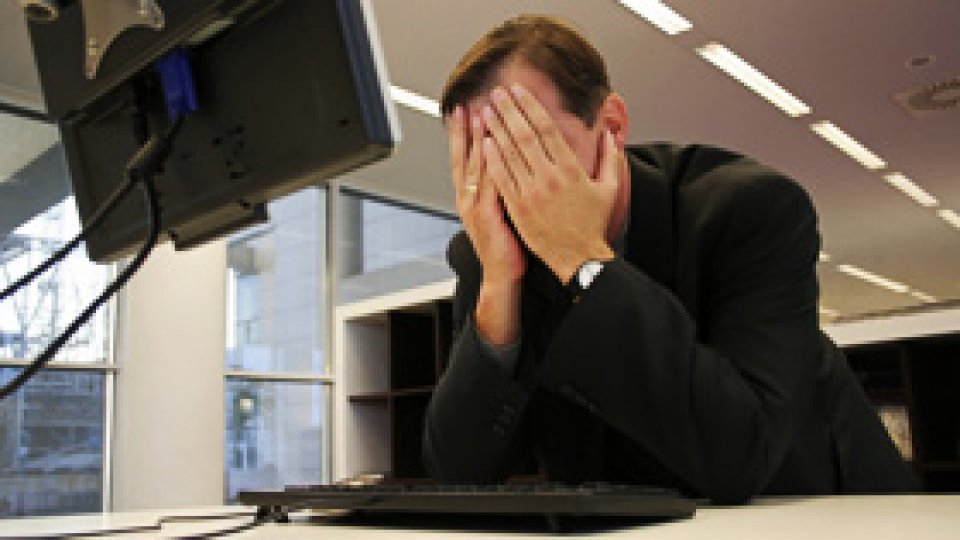2011: "A year of substantial economic risks"
Economists consider that economic power is shifting from the West to the East and this will result in global economic changes in 2011.

Articol de Sorin Solomon, 04 Ianuarie 2011, 11:02
Economists are worried about the economy in 2011. Economic problems will persist in 2011 as well, but will vary in different parts of the world.
Robert Ward, a director with the Economist Intelligence Unit, told the BBC about risks that keep him awake at night and insists "they should keep you awake at night as well".
One major risk facing the world economy at the moment is related to a transition of economic power from the West to the East.
The rise of the emerging world, in particular China, and the coinciding weakening of the West, in particular the US, has resulted in a "collapse of consensus of how the global monetary system should be run", Mr Ward continues.
In simple terms, China favours tight controls of the economy whereas the US prefers free market solutions.
The tension has resulted in a currency war, where major economies seek to devalue their own currency in order to boost their own competitiveness; China through central controls, the US by way of "printing money on a scale we've never seen before", explains Robert Ward.
This has made life tough for small countries, which have responded by introducing capital controls.
A high risk of deflation in the US, which could result in more quantitative easing (essentially printing money) and thus currency wars and capital controls are reasons to be concerned about whether the world economy can cope, Mr Ward reasons.
Asian inflation
An additional risk comes in the form of inflationary pressure in China and other Asian countries.
"There's a high risk that inflation in China will get out of hand," predicts Robert Ward.
MF Global senior analyst Edward Meir says inflation is a threat across the whole region.
He warns that "central banks, particularly in Asia, will have to step up the pace of tightening in order to stave off inflationary pressures".
The response is monetary tightening, but Mr Ward believes the result could be a slowdown in the Chinese economy with a negative impact on the rest of the world.
"Last year, the wealth that China added to the economy is bigger than Ireland, Greece and Portugal combined," he says.
China wants to deflate the ballooning housing market, thus threatening the finances of the middle class.
Both for China and the rest of Asia, the key goals must be "keeping inflation under control and ensuring that rapid capital inflows do not lead to macroeconomic imbalances and/or asset price bubbles that might in time jeopardise financial stability".
European problems
With Greece and Ireland having received multi-billion euro-loans to bolster their economies, and amidst much concern about Portugal's ability to cope without assistance, many fear there could be even worse to come - especially if Spain's troubles worsen.
The European crisis is yet another source of concern for analysts.
"If Spain wobbles and collapses, it'll be very bad news for everyone, not just in Europe but all over the world," which could result in the collapse of the euro zone.
"If the euro did collapse, it would make Lehman Brothers look like a tea party", said Robert Ward.














